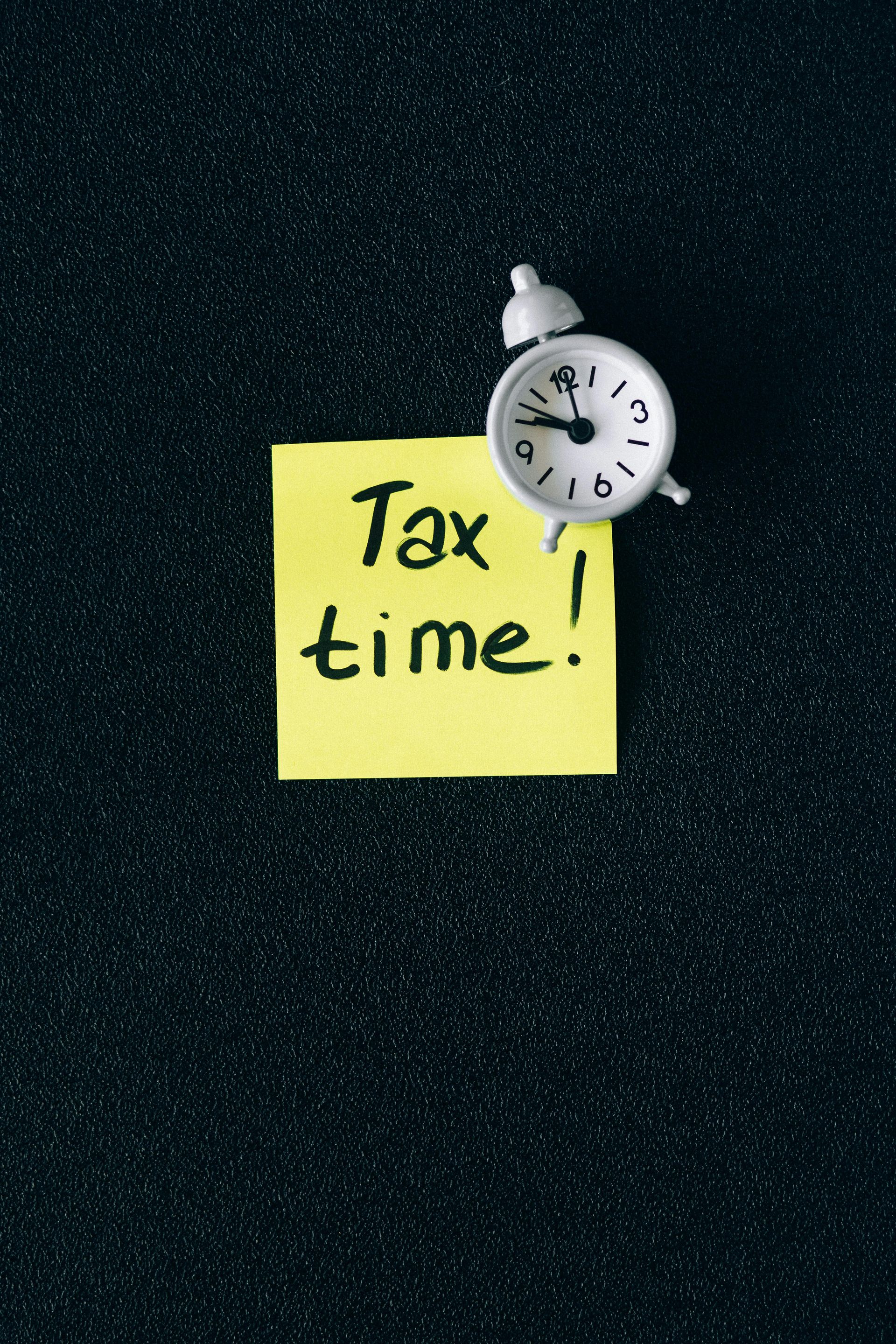Tax Office website updates on the sharing economy
Liz Gibbs • September 7, 2017
The Tax Office has updated its website for the sharing economy:
- Deductions you can claim - Taxpayers may be able to claim deductions for expenses incurred in participating in the sharing economy. Deductions may need to be apportioned if they are for both personal and work purposes.
- How GST applies to residential rent - GST obligations when renting out a property. GST does not apply to residential rent, but the ATO says taxpayers have to pay GST if they provide accommodation such as a hotel room or serviced apartment, a bed and breakfast, or if they rent out commercial spaces like a function room or office space.
- Renting out a room
:
- Income tax requirements – What taxpayers need to know for income tax purposes when renting out a room or their home through the sharing economy.
- How CGT applies - When renting out a room or a home through the sharing economy, taxpayers may have to pay CGT when they sell.
- How to avoid a tax debt - If taxpayers are concerned they might get a tax bill from participating in the sharing economy, the ATO provides tips on how they can get on top of it before they need to lodge their tax.
- Income tax and GST in the sharing economy - If taxpayers are getting an income from participating in the sharing economy, they need to know what to do for income tax purposes and if they need to get an ABN and register for GST.
- Record keeping - Taxpayers need to keep good records when they earn income through the sharing economy.
- Renting out a car parking space - Tax obligations if a taxpayer rents out a car parking space.
- Renting out all or part of a home - When renting out some or all of a home through the sharing economy (eg Airbnb, Stayz or similar), the ATO says there are a number of things taxpayers need to know for tax purposes.
- Ride-sourcing - Ride-sourcing may also be referred to as ride-sharing, ride-hailing and by certain company names. The ATO says that being a ride-sourcing driver means taxpayers have tax obligations including having an ABN, registering for and paying GST if they have an enterprise, and declaring fares and claiming deductions for income tax.
- Understanding the sharing economy and tax – The ATO has updated information for clients of tax practitioners who are earning income through the sharing economy.
- Working in the sharing economy - What taxpayers need to know about working in the sharing economy for tax purposes.
If you have any questions about how Tax and the Sharing Economy applies to you, please don't hesitate to contact Robert Goodman Accountants on 07 3289 1700.

Change is often seen as a leap into the unknown, but have you ever stopped to consider if your organisation is truly ready for it? According to recent discussions and research, there are five essential factors that determine an organisation’s change readiness—and most of us tend to overlook them in our rush to get star








